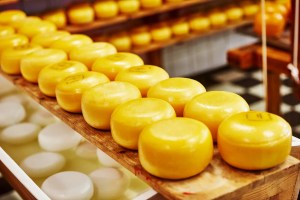It’s huge, it’s completely free and open-access; no log-in required. It’s our
Food Fraud Risk Information Database
Compiled by food fraud experts and containing information about hundreds of different food types, including past incidences of food fraud and emerging threats, you can use it to meet the requirements of your food safety management system, for
- food fraud vulnerability assessments,
- food safety risk assessments
- hazards from intentional adulteration requiring preventive controls (FSMA)
- pre-filtering and
- horizon scanning for emerging threats
You can choose to ‘watch’ the database to receive notifications every time new information is added. You can also watch individual food types (say “Beef”) to receive updates for just that food type.
Access is free, although if you want to receive notifications you will need to create a (free) Trello account. We do not receive income from Trello for new sign-ups.









